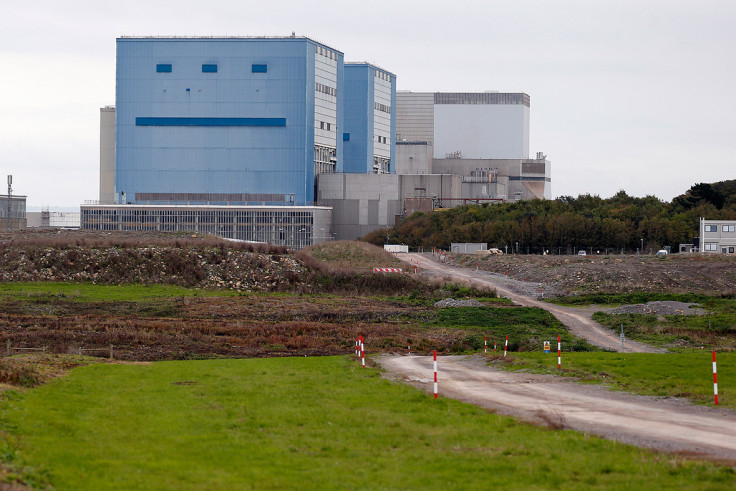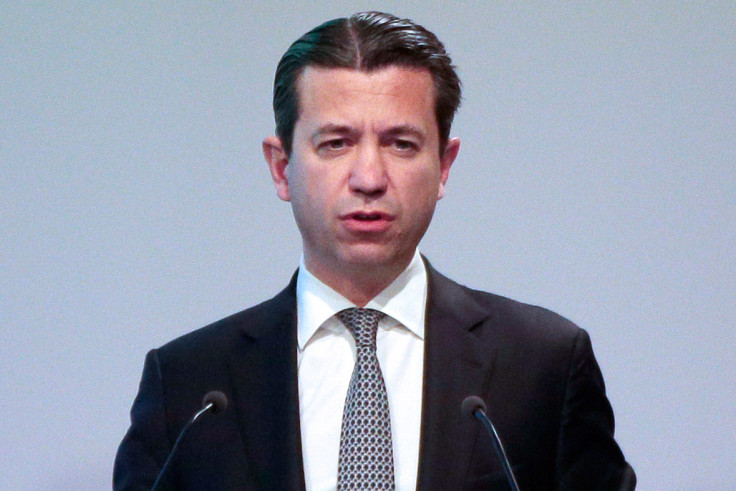EDF finance chief resigns over Hinkley Point nuclear project

French utility firm EDF's finance director has resigned following disagreement over plans to build the UK's first nuclear power plant in three decades at Hinkley Point, reports say. Thomas Piquemal offered to step down last week after expressing concern that building two new reactors in Somerset at an estimated cost of £18bn (€23bn; $26bn) would jeopardise EDF's balance sheet.
EDF, which is 85% owned by the French government, is set to finance two-thirds of the construction of the 1,600-megawatt Areva-designed European Pressurised Reactors alongside two existing plants in south west England, with China General Nuclear Power Corporation (CGN) contributing the rest.
However, the energy company is reported to be struggling to raise the £12bn it needs to build the power plant, with French union officials calling for the final investment decision to be pushed back by three years.

EDF's share price has plummeted by half over the past year amid rising debt and falling electricity prices.
The much-delayed Hinkley project is scheduled for completion in 2025. The reactors, among the biggest in the world, will provide up to 7% of Britain's electricity needs when they become operational.
Controversial project
"The chief financial officer presented his resignation last week to Jean-Bernard Levy (CEO) because of a disagreement over Hinkley Point," a source close to EDF told the AFP news agency.
The Hinkley project is the cornerstone of Prime Minister David Cameron's strategy to "keep the lights on" in Britain in the next decade.

The government says the scheme will create 25,000 jobs and slash Britain's carbon emissions, but opponents have objected to it on environmental and economic grounds. Critics have also been angered by the government guaranteeing a price of £92.50 per megawatt hour of electricity generated from the reactors – three times the current cost.
They fear the move could lead to higher household bills and distort future investment in energy generation.
© Copyright IBTimes 2025. All rights reserved.






















